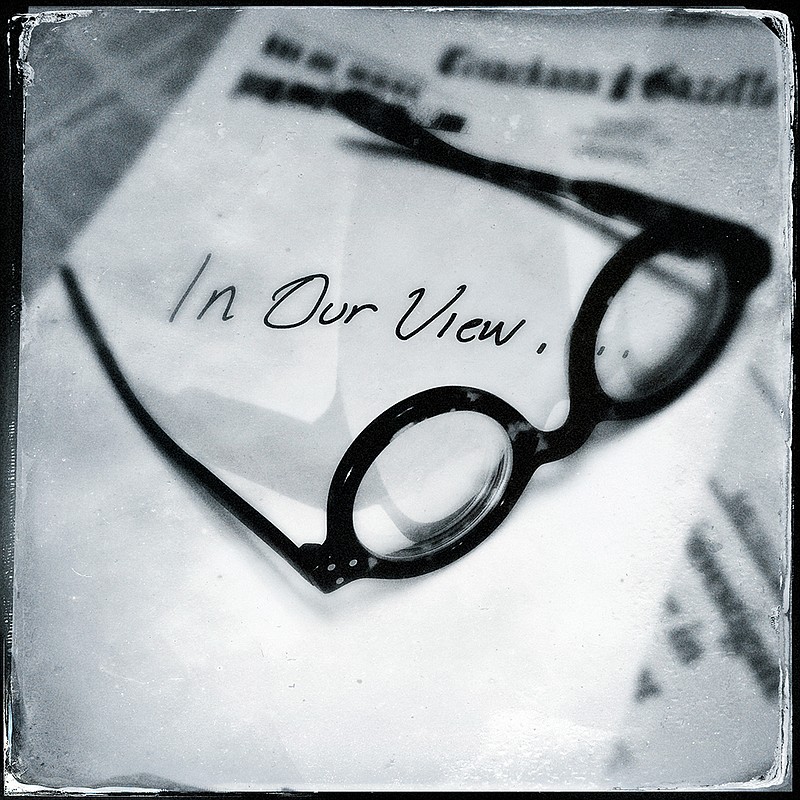This week marks the 54th anniversary of the Cuban Missile Crisis.
The story is familiar to most readers.
In the wake of the failed Bay of Pigs invasions, Cuba's communist dictator Fidel Castro vowed that any future attempt to invade the island would result in world war.
The Soviet Union backed Castro's play. They loudly proclaimed in the United Nations that any attack on Cuba could mean war.
And they took steps to prepare for just such an event by placing nuclear missiles in Cuba.
They hoped to establish a secret weapons base within striking distance of the U.S. It didn't work out like that.
Our U-2 spy planes detected the missiles on Oct. 14, 1962. And the standoff was on.
President John F. Kennedy confronted the Soviet Foreign Minister Andrei Gromyko. Gromyko insisted the missiles were meant for defensive purposes only.
The president and his advisors discussed options. An air strike could take out the missiles. But no one knew how Soviet leader Nikita Khruschev would react. A retaliatory strike against the U.S. or U.S. forces in Europe was a distinct possibility.
The other option was a naval blockade of Cuba.
But that was dangerous as well. International law defines a blockade as an act of war. So the Kennedy administration came up with the idea of a limited "quarantine" of Cuban waters-limited to weapons shipments.
It turned out to be the right course.
Several days of intense negotiations followed. Messages flew through intermediaries between the White House and the Kremlin. It seemed as if the world as we knew it could end any day.
But in the end, Khruschev blinked.
A deal was struck. The Russians would withdraw their missiles in exchange for a pledge by the U.S. not to invade Cuba, The crisis ended Oct. 28, 1962.
Yes, the facts are well-known. But what many younger readers likely will never understand is the fear the crisis generated among the American people.
It's hard to explain the impact of the Cold War to those who never experienced it. After the end of World War II, the U.S. had nuclear weapons and no one else did. But that changed in 1949 when the Soviets successfully tested their first atomic bomb.
Some like to think of the 1950s as an idyllic time, something out of "Leave it to Beaver" or "Ozzie and Harriet." But there were strong undercurrents of fear. The Russian communists were bent on taking over the world-they already had East Germany, Poland and all of Eastern Europe-and we were their only impediment to further expansion. And our two nations played a cat-and-mouse game for years.
All that time, the public was told that all-out nuclear war was a very real possibility. Most cities had Civil Defense shelters in case of attack. Many families built their own backyard shelters in preparation of the day when the missiles came.
In school, children were taught what to do in case of an attack and teachers held regular drills to reinforce the training. The FBI busted numerous Soviet spy rings. Some politicians such as Wisconsin Sen. Joe McCarthy insisted the federal government was rife with communist sympathizers.
Some of it was overblown to be sure-and some decent Americans saw their lives ruined by irresponsible accusations-but the danger was real. And Americans learned to live in the shadow of "mutually assured destruction."
As we know, the Berlin Wall came down and with it the Soviet dream of world domination. It wasn't long before the USSR was gone, its satellite states gaining independence.
With the attacks of Sept. 11, 2001, we have had new enemies. And now we have new fears of conflict with Russia. But we should learn a lesson from the Cold War and the Cuban Missile Crisis. We can prepare for the worst to be sure, but we do not have to let our daily lives be dictated in any way by our enemies. And we should never allow fear to overtake reason.

